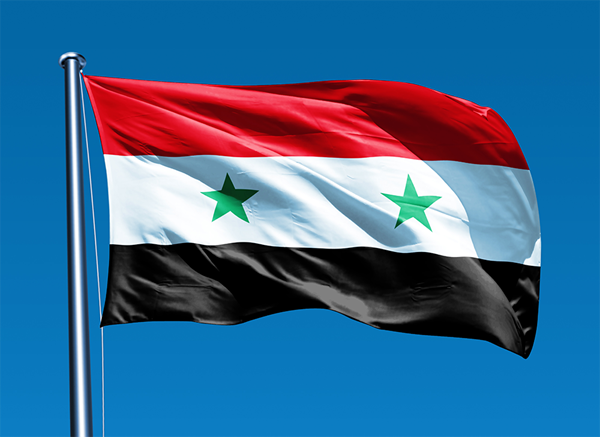Media: Russia proposes to deploy foreign military contingents in 'security zones' in Syria
Foreign military contingents may be deployed in the “security zones” that Russia has proposed to establish in Syria, reports Kommersant newspaper, referring to a draft memorandum submitted by Moscow to negotiators in Astana.
In this memorandum, Russia, Turkey and Iran are called “guarantors of the ceasefire in Syria”.
Four "de-escalation zones" have been proposed - in the province of Idlib, north of Homs, in eastern Ghouta, as well as in southern Syria.
The exact location of these zones should be determined by the “guarantor states” by May 22. The use of weapons will be prohibited in these zones and the measures will be taken to restore infrastructure, and create conditions for the work of humanitarian organizations.
The lines of delimitation, according to the authors of the document, are necessary "to prevent shelling between the conflicting parties”. In the zones, checkpoints should be created to allow for the transition of civilians, as well as for the delivery of humanitarian aid and goods.
It is not entirely clear from the Arabic and English versions of the document the contingents of which states will be placed along the lines of delineation. The document mentions "observer countries", while Russia, Turkey and Iran are called "guarantors" everywhere in the document, Kommersant notes.
According to Viktor Ozerov, head of the Federation Council Committee on Defense and Security, Russian military police units may be deployed in the de-escalation zones.
"I think that Russia and the United States will agree to designate peace zones, so that no one approaches them from the air and they will monitor them. The UN's permission is not required for this. And in the rest of Syria, military operations against the terrorists will continue," he said.
Russian President Vladimir Putin spoke on the initiative to establish security zones the day before at a press conference, following talks with Turkish Prime Minister Tayyip Erdogan. According to Putin, U.S. President Donald Trump has already supported this idea.
